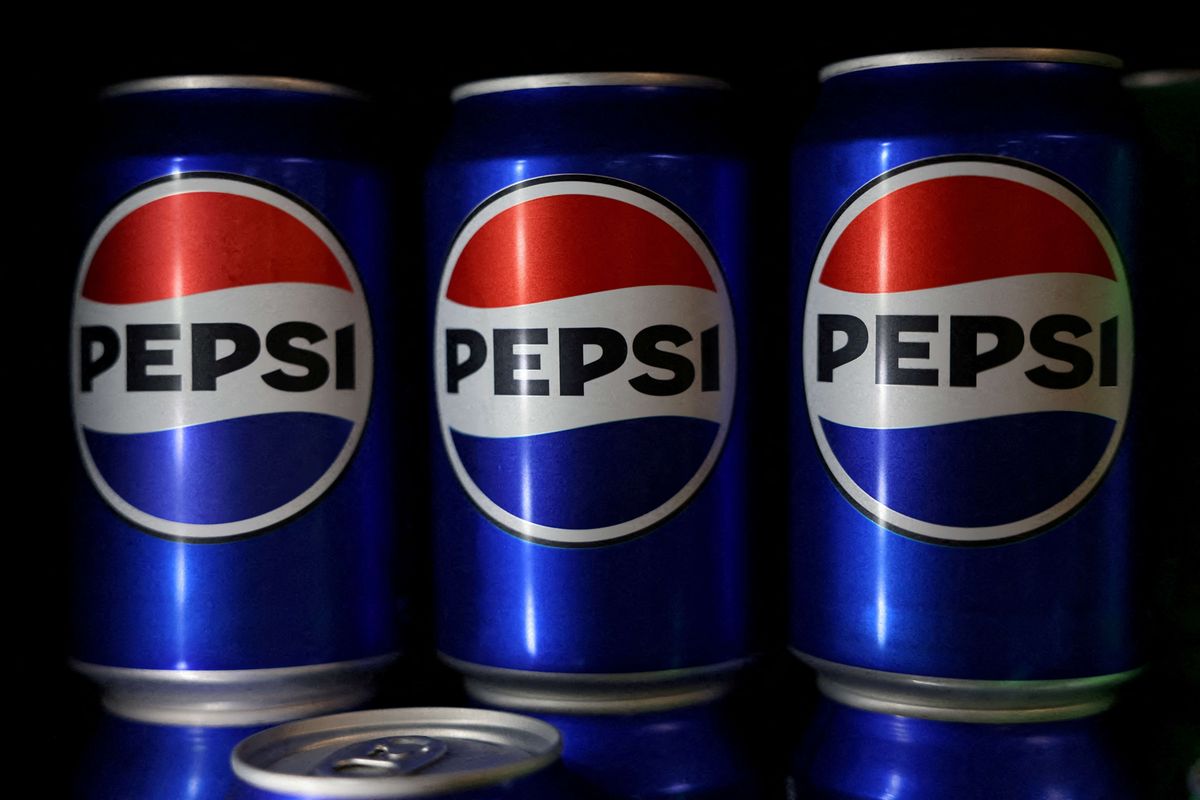PepsiCo’s third-quarter results underscored deepening strains in its core North American markets, with sales volumes sliding further and profit dropping sharply, as the company announced the impending departure of its chief financial officer amid growing pressure from activist investor Elliott Management.
The food and beverage giant reported an 11 per cent fall in net income to $2.6 billion (£1.95bn), missing earnings expectations, even as net revenue rose 2.6 per cent to $23.9bn, helped by price increases and international growth.
Volumes fell three per cent and four per cent, respectively, in its two biggest divisions, PepsiCo Beverages North America (PBNA) and PepsiCo Foods North America (PFNA), reflecting weaker consumer demand and ongoing shifts toward healthier products.
PepsiCo blamed part of the decline on operational disruptions and one-off factors, such as transitions to new production and distribution partners, but CEO Ramon Laguarta conceded that consumer sentiment had turned fragile. “The demand signal we had in 2023 is different from the demand signal we have in 2025,” he said, citing “stressed” consumers globally.
Operating profit plunged eight per cent, with notable weakness in beverages, where profit was down 20 per cent (in the PBNA division). The group’s earnings per share (EPS) slid 11 per cent to $1.90, while core EPS fell two per cent on a constant-currency basis. The company maintained its full-year guidance for low-single-digit organic revenue growth and flat core EPS, but that reassurance did little to mask the softness in its biggest markets.
The poor performance comes as Elliott Management, which recently took a $4bn stake, is urging PepsiCo to consider more radical restructuring, including potential divestments and outsourcing bottling operations. Laguarta described talks with Elliott as “constructive and collaborative” but acknowledged that “a sense of urgency” was needed to unlock value.
Adding to the sense of instability, PepsiCo announced that CFO Jamie Caulfield will retire next month after less than two years in the role. He will be succeeded on 10 November by Steve Schmitt, currently CFO of Walmart U.S., PepsiCo’s largest customer. Schmitt, who helped drive Walmart’s digital transformation and cost-cutting agenda, is expected to bring tighter financial discipline as PepsiCo faces investor calls for sharper execution.
Laguarta praised Schmitt’s experience with “complex supply chains” and “omnichannel consumers,” saying he would play a key role as PepsiCo seeks to “accelerate growth and optimise cost structure.”
PepsiCo also took a $133m impairment charge linked mainly to its struggling Rockstar energy drink brand, which it recently sold in the U.S. and Canada.
Despite the upbeat tone from management, the latest results underscore how far PepsiCo lags behind its rival Coca-Cola, whose shares are up seven per cent this year compared to PepsiCo’s seven per cent decline.
PepsiCo insists that its long-term strategy, including reformulating products with more protein and fewer artificial ingredients, aligns with shifting consumer trends.
“We are introducing a strong pipeline of innovation to accelerate portfolio transformation, continuously sharpening our price pack architecture to provide good value to consumers, and right sizing our entire cost base to help fund our activities,” Laguarta said.
But for now, the world’s second-largest soft drinks group finds itself under pressure to prove that promise can translate into renewed growth.


